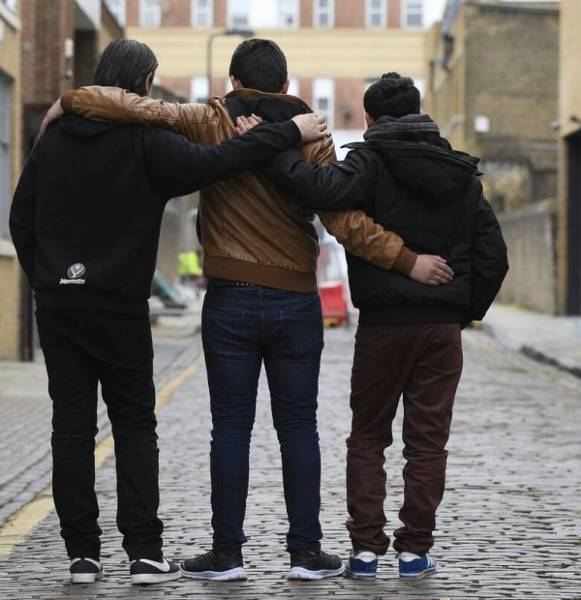Teaching the politics of the Middle East used to be straightforward: authoritarianism, tribal politics, statism and Islamism were the well-worn concepts; Israel-Palestine, Iran and its Islamic revolution, and, since 9/11, terrorism and al-Qaeda the predictable, dominant themes.
That is, of course, until Tunisia, Egypt and the still unfolding events now referred to as the “Arab spring” (a pretty euphemism for revolution). Now, those of us who teach the politics of the region need to rapidly revise next term’s course outlines.
These events are heralding the end of the neo-colonial deal. What the post-colonial future of the Middle East will look like is anybody’s guess, and everybody’s guessing: could the messiness of democracy pave the way for a liberal turn, as Nicholas Kristof suggested in the New York Times, or is an Islamist takeover more likely? Will the US be ousted as the key patron state, or retain a grip on the region? There are indications for all these outcomes and many more besides, and putative Middle East experts appear no more able to predict the outcome than anyone else.
In such times, the political science lecturer might be forgiven a bit of nostalgia for the fixed certainties that barely required updating year-on-year; Egypt, after all, has only had three leaders since 1952; Gaddafi has ruled since 1969, and Syria has remained in the hands of the Al Assad clan since 1970, not to speak of the supposedly permanently entrenched dynasties of the Gulf. Of course the West played its part in this “stability”: offering patronage, cheap weapons and the opportunity for unlimited plundering to whoever would guarantee the flow of oil and lay off Israel.
The deal stuck and both gave birth to and became reinforced by a pervasive, racist myth: Islam was simply not compatible with democracy, and the “Arab Street” needed to be kept firmly under control lest it should attack Western interests and values. Yet the assumption is fallacious, entrapping people in their own past by assuming that they will only act as Muslims, because chance has made them members of a Muslim society. They don’t. Their universal demands for equality, justice and transparency may be articulated through Islamic idioms, but that’s not the same thing at all. If Turkey’s example of the Justice and Development Party is anything to go by, there is no reason to believe that Islamist parties cannot play the game of democracy, free market and neoliberal adjustment, albeit without the full apparatus of a deliberative democracy.
What matters now is that history has returned to many countries in the Middle East. Everything that we thought to be solid in the region melts in the air. Whether in Damascus, in Jerusalem, in Tehran or in Cairo, nothing is as it was before. And we should welcome this. Let’s rethink how to teach the politics of the Middle East now that people power has toppled dictators in Tunisia and Egypt, and Libya can still make it too. After decades of stagnation, suddenly Middle Eastern politics is the most exciting, and most unpredictable, and therefore most fascinating, game in town.

